How do you write a new book about T.E. Lawrence, especially when the man himself described his escapades, or a version of them, with such inimitable genius? Scott Anderson’s answer is to intercut Lawrence’s extraordinary story — the camel raids and blown-up bridges, the rape and torture, the lies and shame — with those of three contemporaries, all supposedly engaged in a grand intelligence duel in Syria and Arabia.
Already a subscriber? Log in
Subscribe for just $2 a week
Try a month of The Spectator Australia absolutely free and without commitment. Not only that but – if you choose to continue – you’ll pay just $2 a week for your first year.
- Unlimited access to spectator.com.au and app
- The weekly edition on the Spectator Australia app
- Spectator podcasts and newsletters
- Full access to spectator.co.uk
Unlock this article
Available from the Spectator Bookshop, £20.50. Tel: 08430 600033
You might disagree with half of it, but you’ll enjoy reading all of it. Try your first month for free, then just $2 a week for the remainder of your first year.

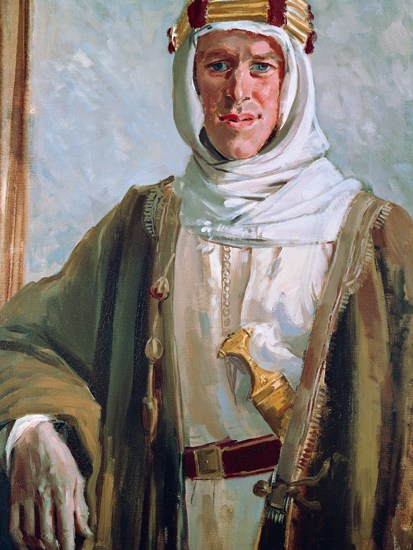
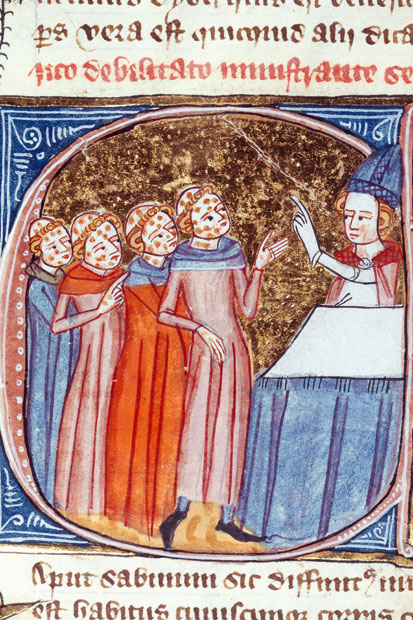

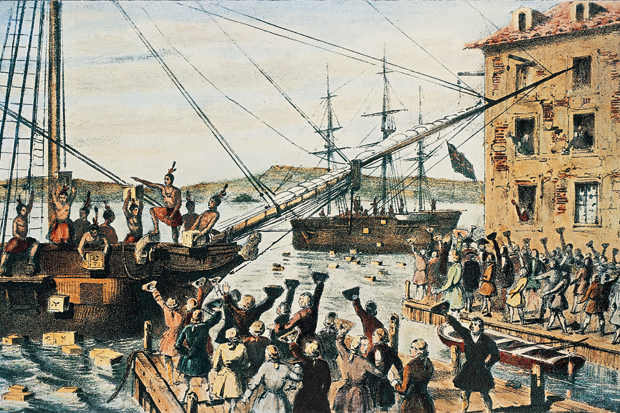
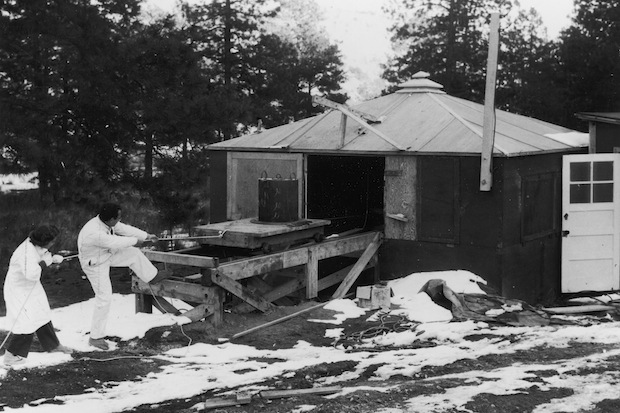
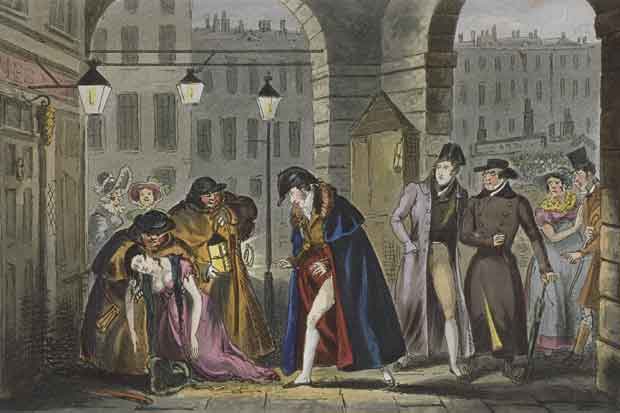
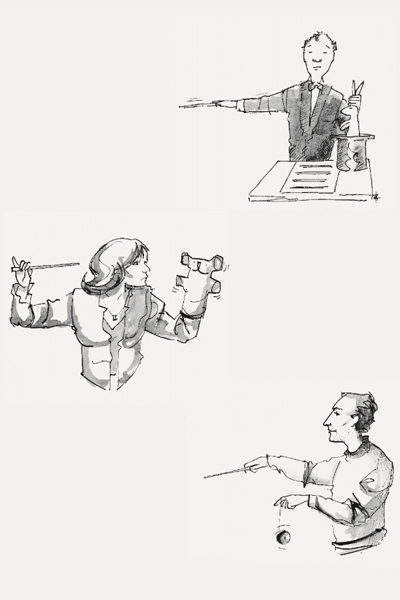






Comments
Don't miss out
Join the conversation with other Spectator Australia readers. Subscribe to leave a comment.
SUBSCRIBEAlready a subscriber? Log in